Sugar is the primary source of energy for your cells. Complex carbohydrates like starch are broken down into simple sugars during digestion and then metabolised by the cells to produce energy. Your blood normally contains 5g of sugar dissolved in it (about a teaspoon). That’s only about 20 calories, which is enough for a five-minute walk.
Brain

Sugar causes the brain to release dopamine and opioids – natural pleasure chemicals. Rats on high-sugar diets behave like drug addicts.
Liver
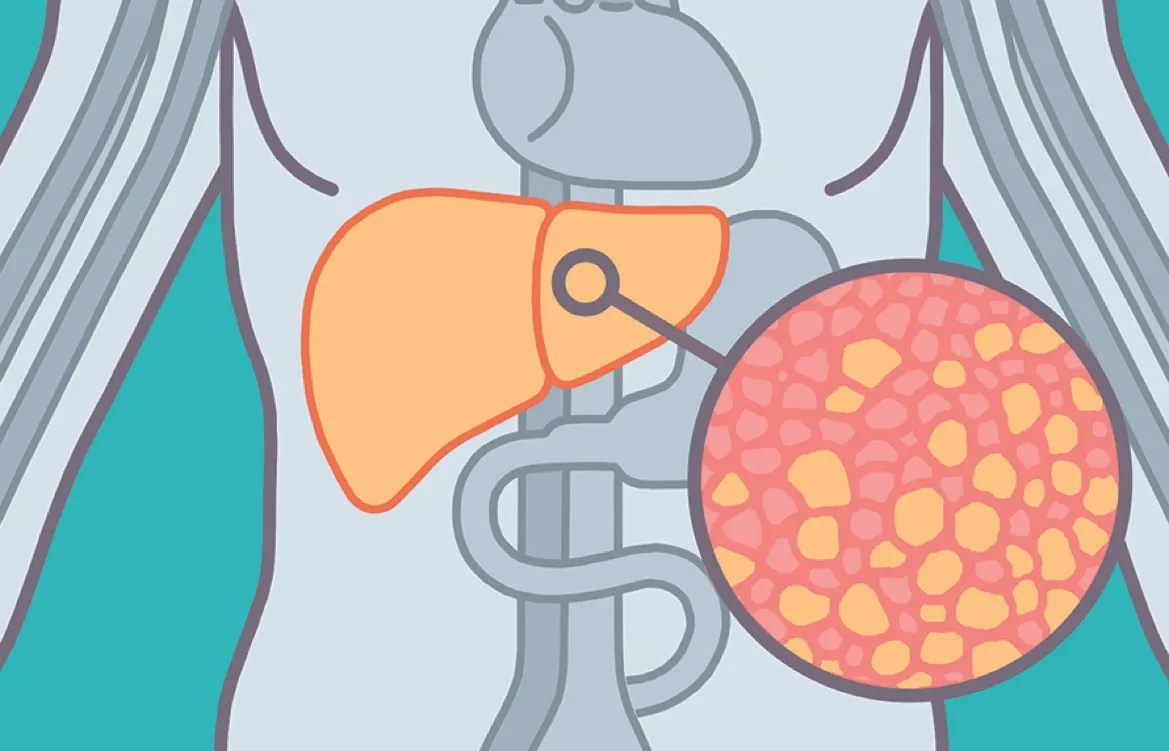
The liver uses fructose to create fat via a process called lipogenesis. Too much sugar causes a build-up of fat globules called non-alcoholic liver disease.
Teeth
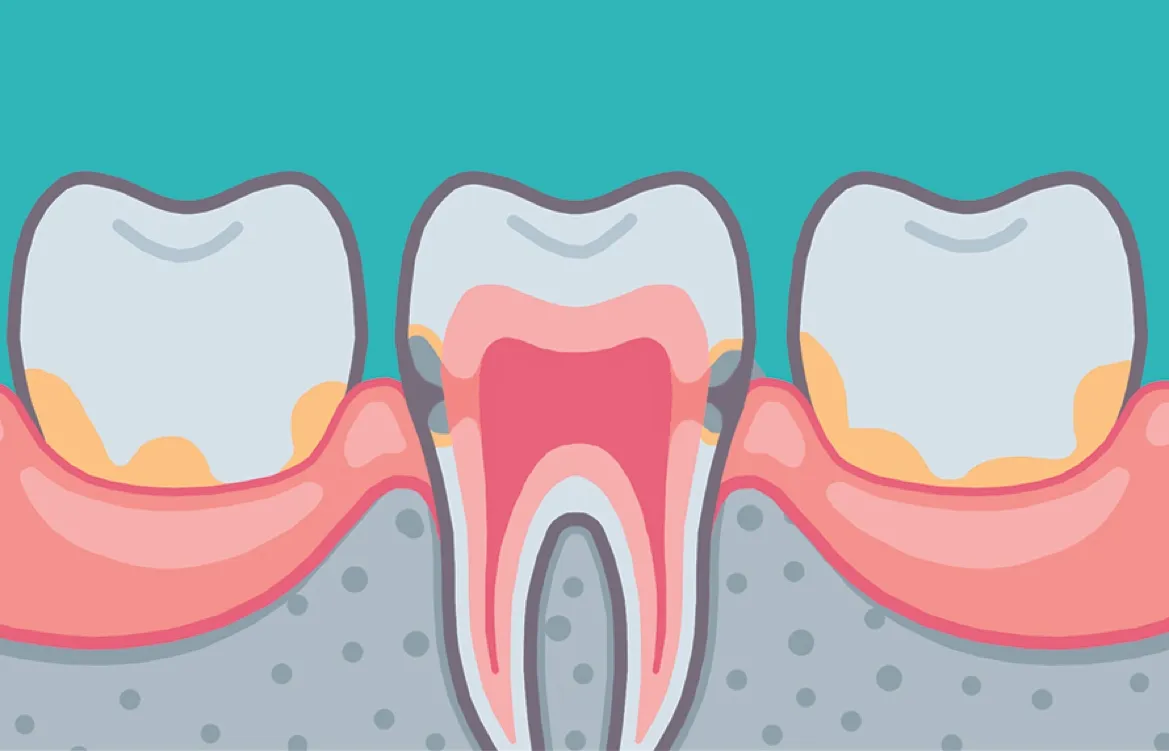
Bacteria, such as Streptococcus mutans, eat leftover sugar in your mouth and ferment it into lactic acid. This dissolves the minerals in your tooth enamel.
Pancreas
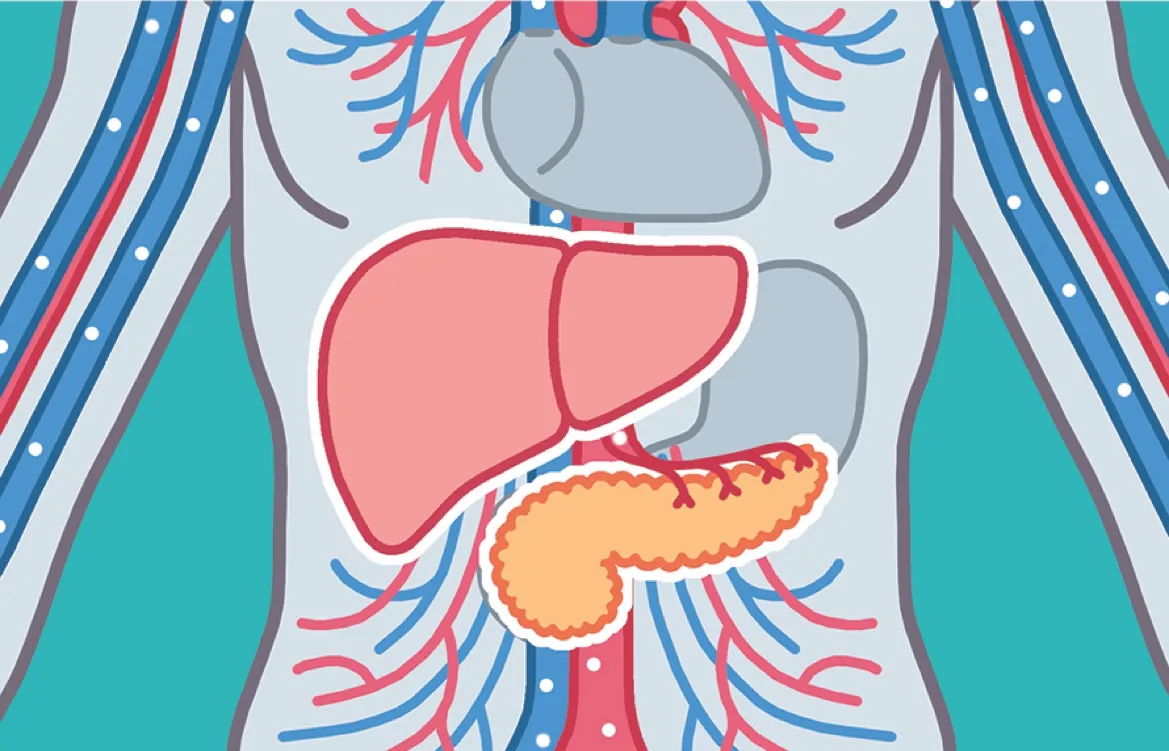
Rising blood sugar levels stimulate beta cells to secrete insulin. This signals the liver and muscles to start converting glucose into glycogen for storage.
Skin
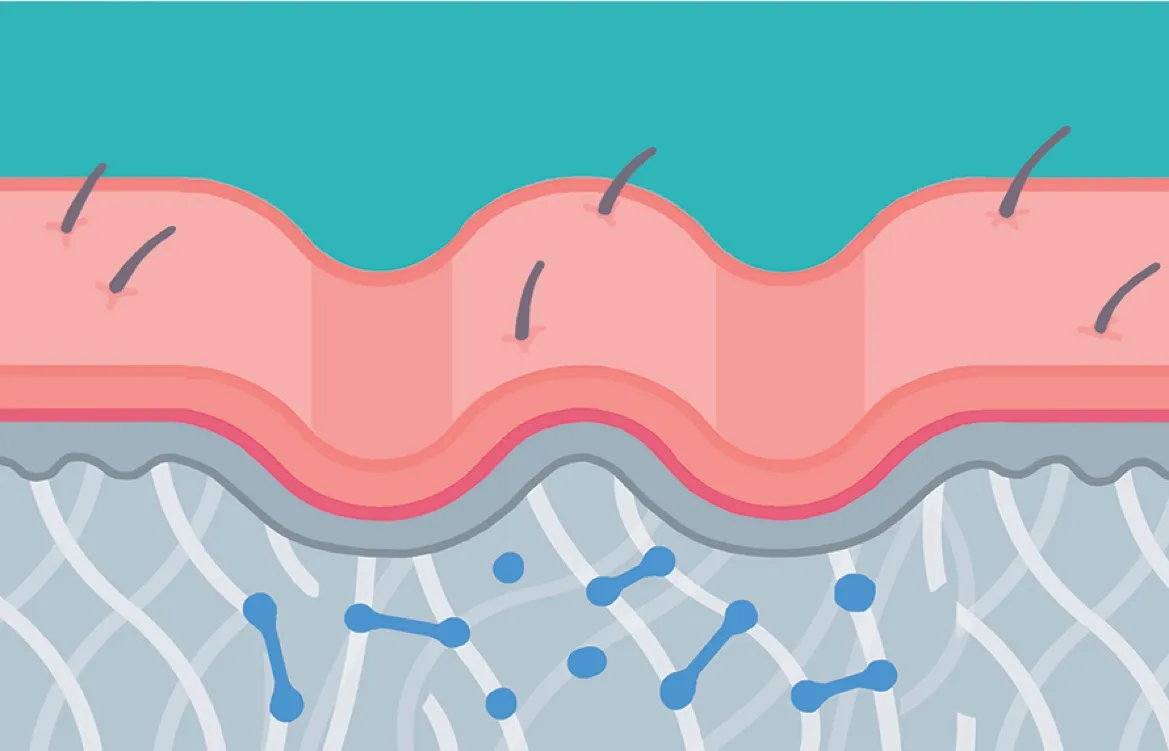
Glucose and fructose form bonds between amino acids that convert collagen and elastin into substances that cause wrinkles.
Heart
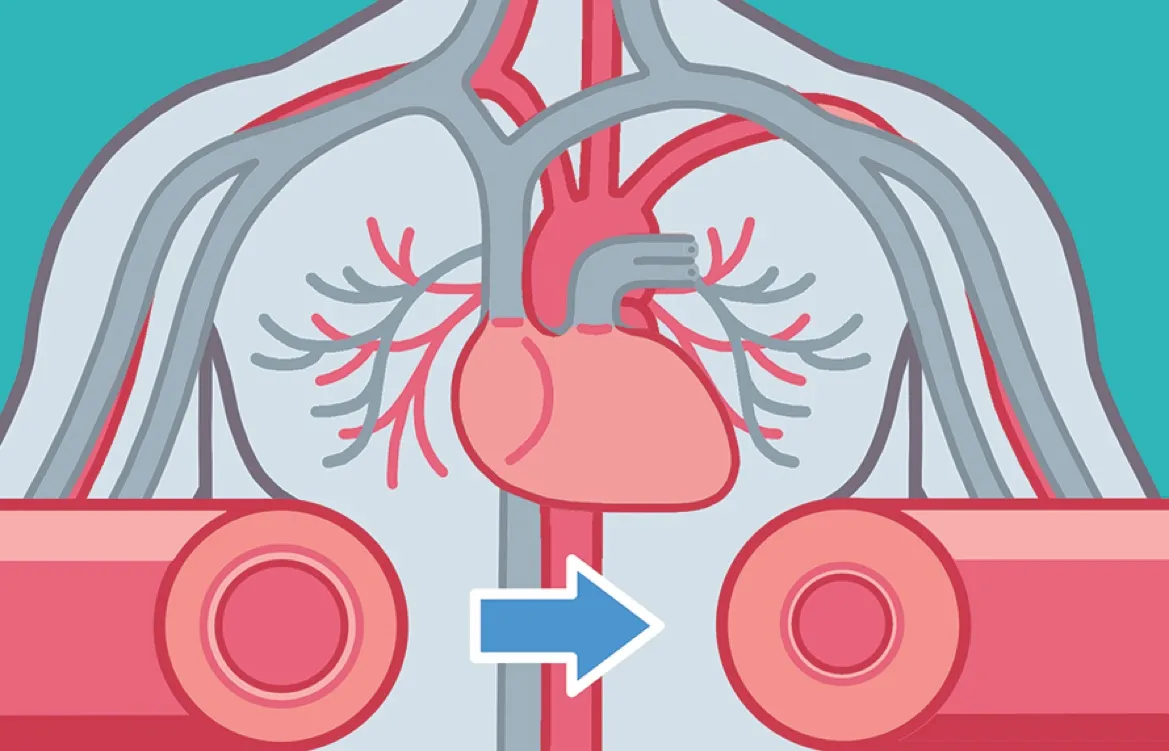
High insulin levels in the blood cause smooth muscle cells around artery walls to grow faster. This raises blood pressure, eventually leading to heart disease.
Subscribe to BBC Focus magazine for fascinating new Q&As every month and follow @sciencefocusQA on Twitter for your daily dose of fun science facts.
